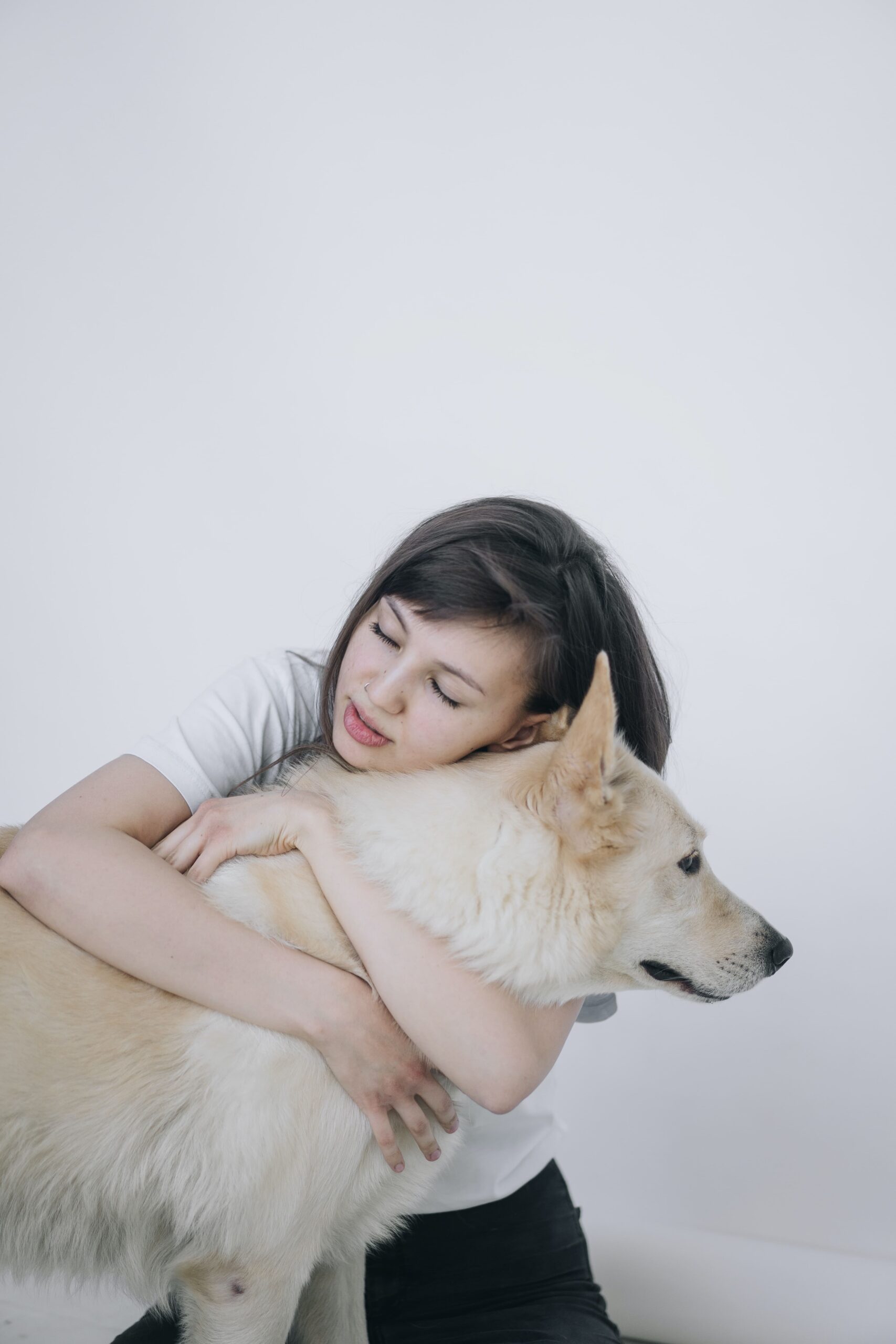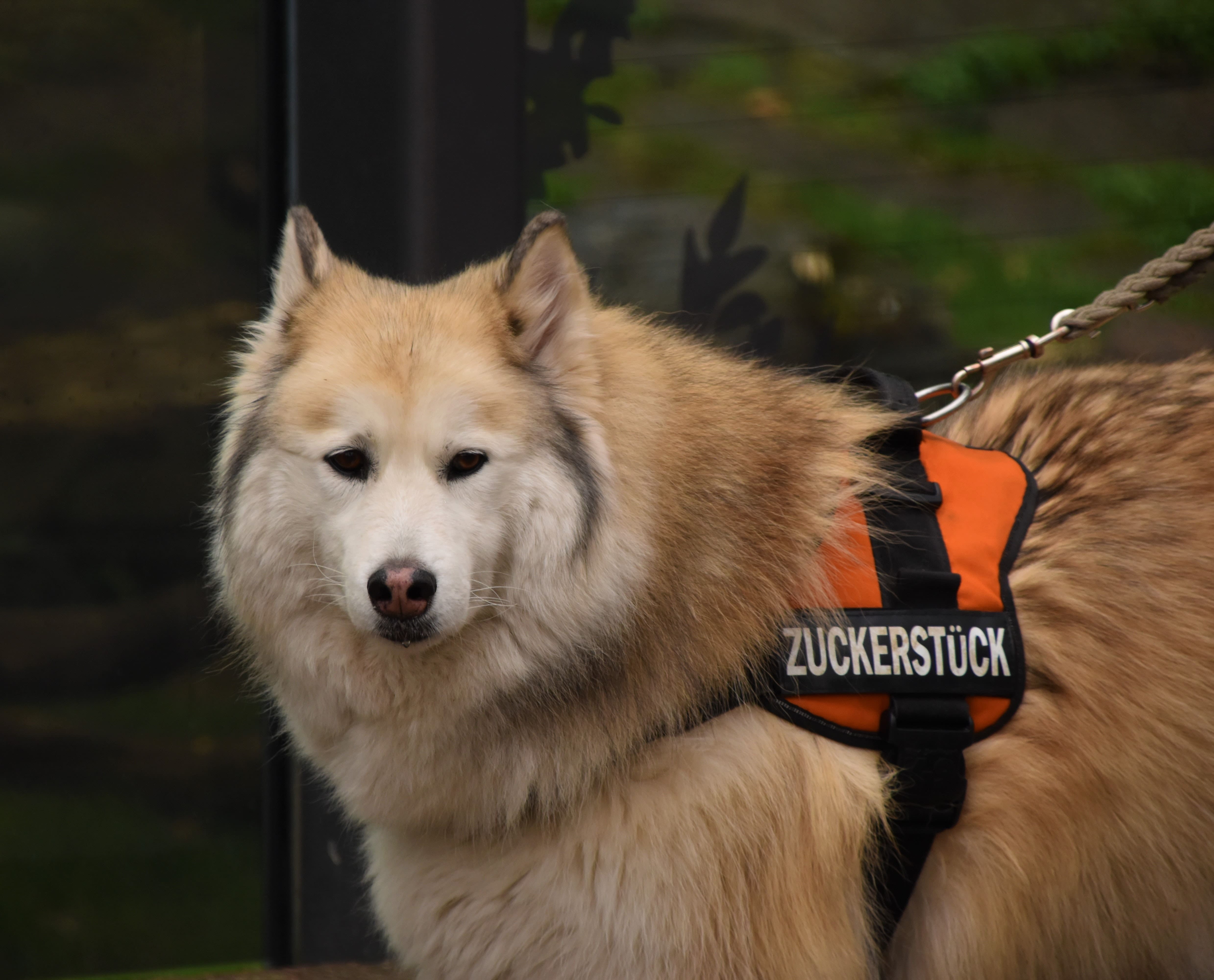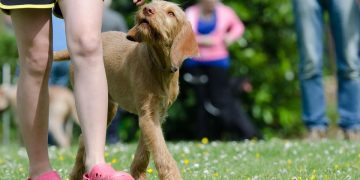Do dogs detect coronavirus? The smell of dogs is the sense that is much more developed than that of humans. It allows them to track down, locate missing people, or detect the presence of different drugs. They are even able to identify different diseases that affect humans.
Given the pandemic that affects us today, could dogs help us diagnose COVID-19?
In this article, we’re going to explain where the studies are to know if dogs detect coronavirus.
The prodigious smell of dogs
The olfactory sensitivity of dogs is far superior to that of humans. It has been shown in different studies that smell is the most advanced sense in dogs.
Thanks to this amazing capability they can help us in very different tasks such as hunting dam tracking, drug detection, bomb signaling or disaster rescues.
Dogs have a very developed smell. This is because the nose has more than 200 million odor receptor cells. Humans only have about 5 million.
How do dogs detect diseases?
The smell of dogs is so fine that it allows them to detect diseases in people. Of course, it requires prior training, in addition to the current advances in medicine. Dogs’ olfactory ability has proven effective in detecting pathologies such as prostate, bowel, ovarian, colon, lung or breast cancer, diabetes, malaria, parkinson’s or epilepsy.
Dogs can smell the specific volatile organic compounds that occur in certain diseases.
In other words, each pathology has its own footprint and characteristic that is able to discover the dog. In addition, you can do this in the early stages of the disease, even before medical tests manage to diagnose them, and with an efficacy close to 100%

Early detection is critical to improving the prognosis of diseases such as cancer. Similarly, anticipating glucose rises in the case of diabetics or seizures is a very important benefit and a huge improvement in the quality of life of those affected. In addition, it serves scientists to identify biomarkers with which to then develop tests to facilitate diagnosis.
To do this, they are offered samples of stool, urine, blood, saliva or tissues, so that they learn to recognize the smells that they will then have to discover directly in the sick person.
If this is the case, they sit or stand in front of the sample to report that they are perceiving the indicated odor.
When they work with people, they can warn by touching them with their paws. Training in this discipline lasts several months and, of course, is done by professionals. In view of all this scientific evidence, it is not strange that in the current situation scientists have wondered if dogs detect coronavirus.
Do dogs detect coronavirus?
After years of experience in detecting diseases, it is not risky to claim that dogs detect coronavirus. In fact, at the University of Helsinki they have just completed preliminary tests in which they have verified this capacity of dogs. In addition, they detect the disease quickly and more sensitively than the tests currently in use.
Positive tests with DogRisk’s group of dogs
Trained dogs in the DogRisk group have been able to identify the virus in urine samples. Therefore, at this time they are in the phase of collecting more samples to train more dogs and determine what exactly they identify and how long that odor remains once the infection has concluded.
In addition, they are making it difficult for dogs to work. Including urine samples without coronavirus, but with other respiratory diseases, to confirm their sensitivity.
They hope to move on to direct sensing work soon.
Super Six Dogs: in the process of training
In addition, there is also a canine team in the UK training for the detection of COVID-19. It consists of six dogs and are the Super Six Three are cocker spaniel breed and are called Norman, Jasper and Asher. There is a labrador retriever that responds to the name Of Star and a cross of this breed with golden retriever, called Storm. The last component is Digby, a labradoodle. They are between 20 months and 5 years old.
The goal is that they detect the smell of the virus in less than a second and that they can do so with both patients with symptoms and those asymptomatic.
Therefore, rapid and non-invasive diagnoses would be achieved.
To do this, they are collecting breath and sweat samples from sick people. This project is commissioned by the Medical Detection Dogs organization with Durham University.
They expect to finish training in 6-8 weeks to start working directly with people. The idea is that they do not contact them, but smell the air around them to minimize any risk.
In the University of Pennsylvania School of Veterinary Medicine is working with eight canes. They’re expected to be ready in a matter of weeks.
On the other hand, various organizations in Spain and other parts of the world are also considering training dogs to detect COVID-19.
With this information, we can answer the question in the affirmative: Do dogs detect coronavirus?








